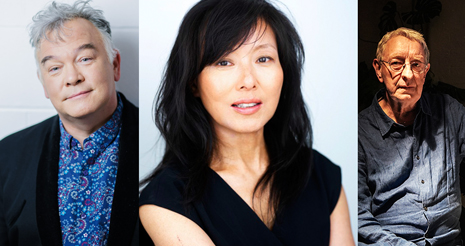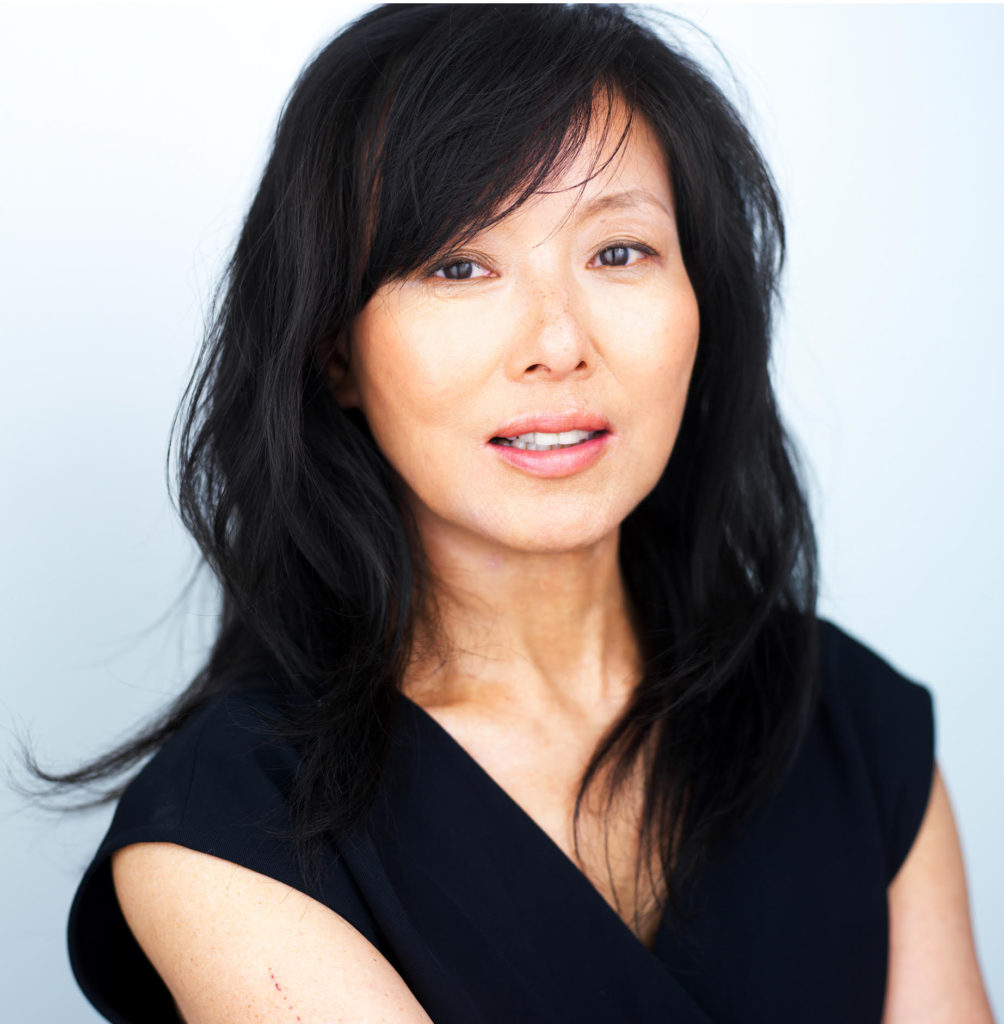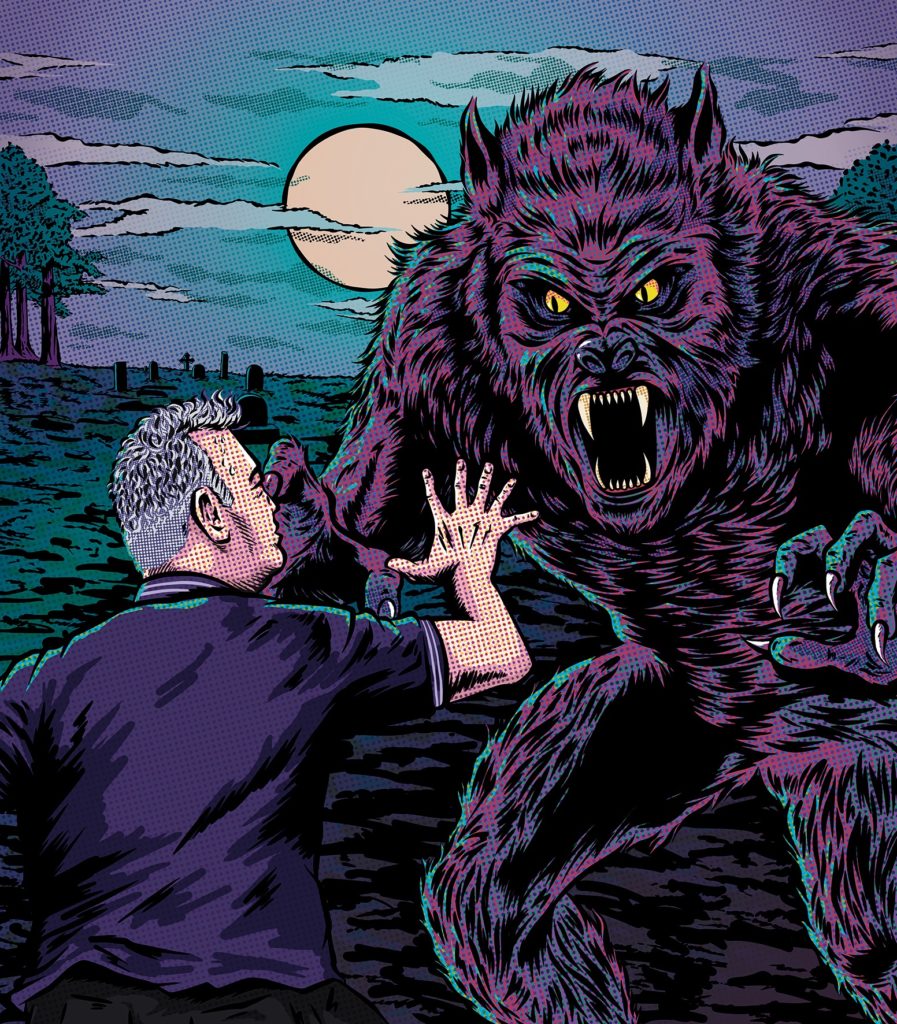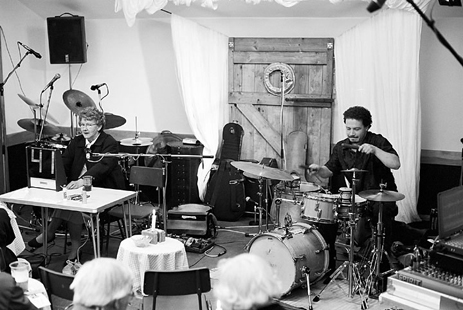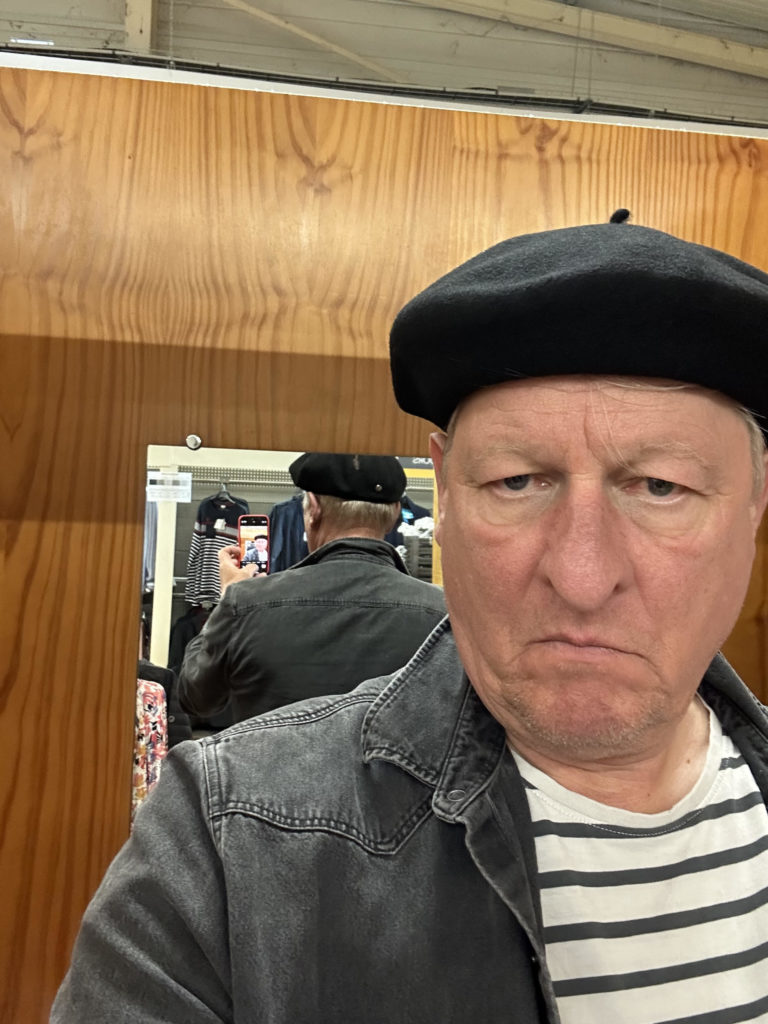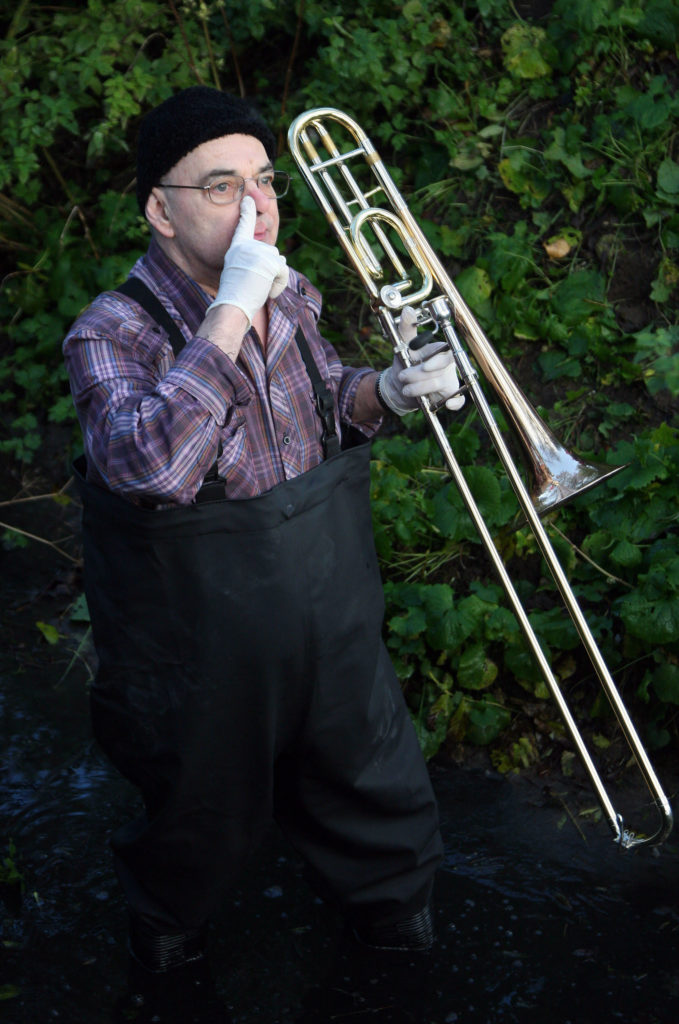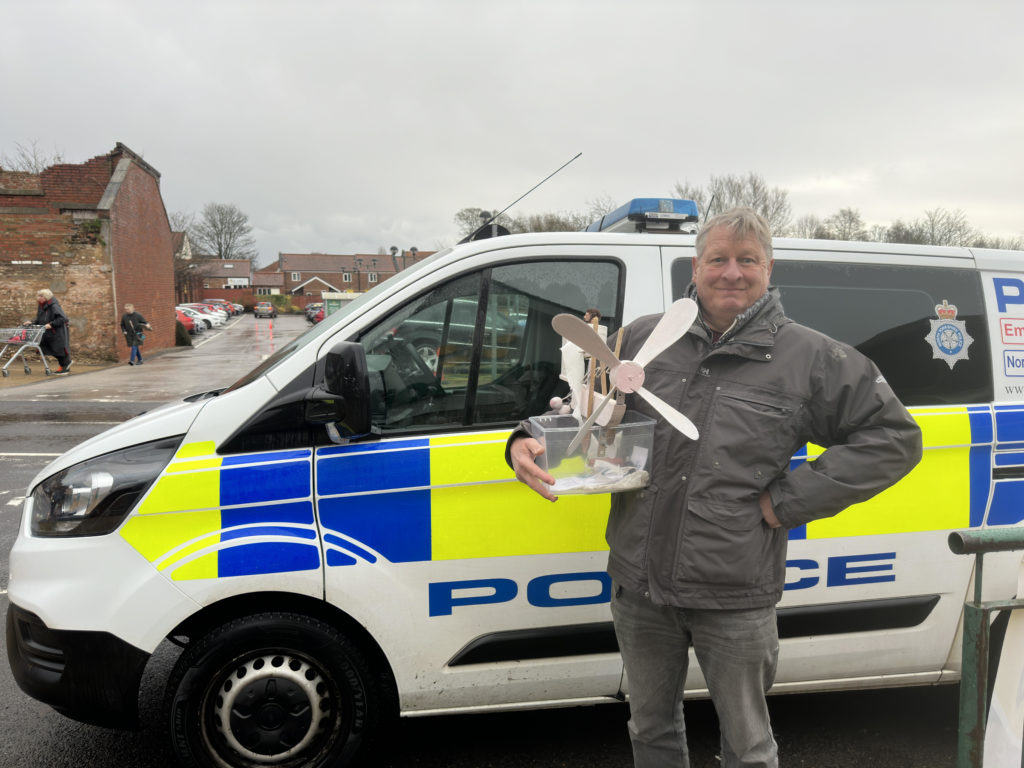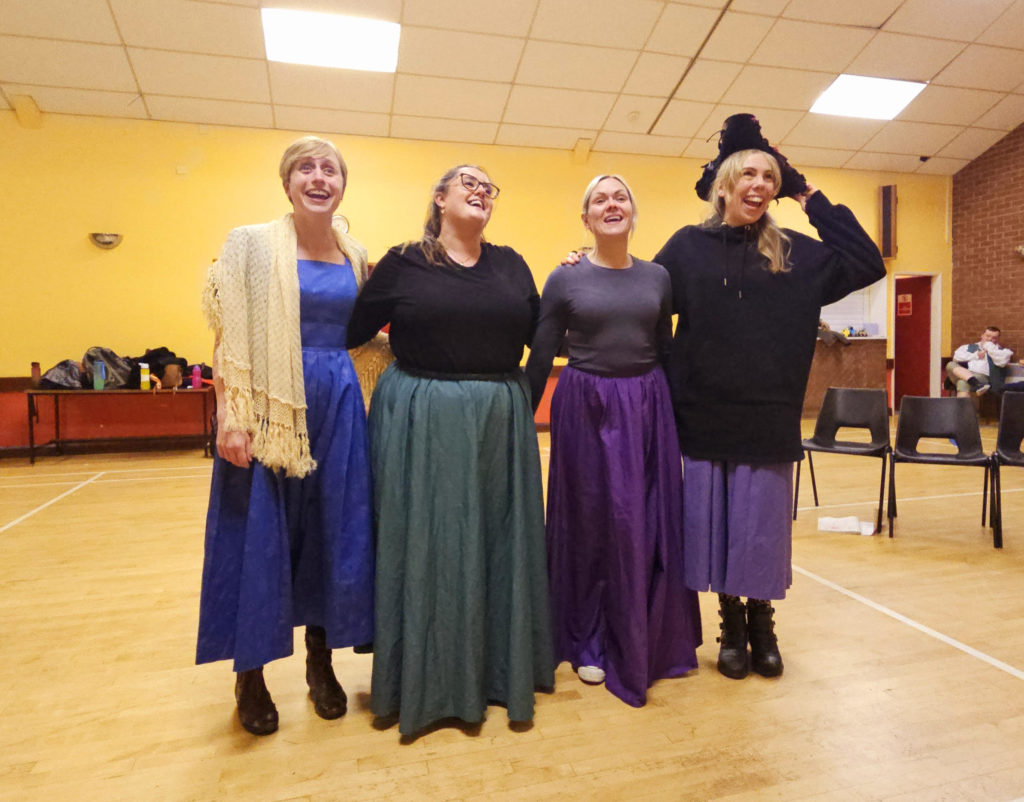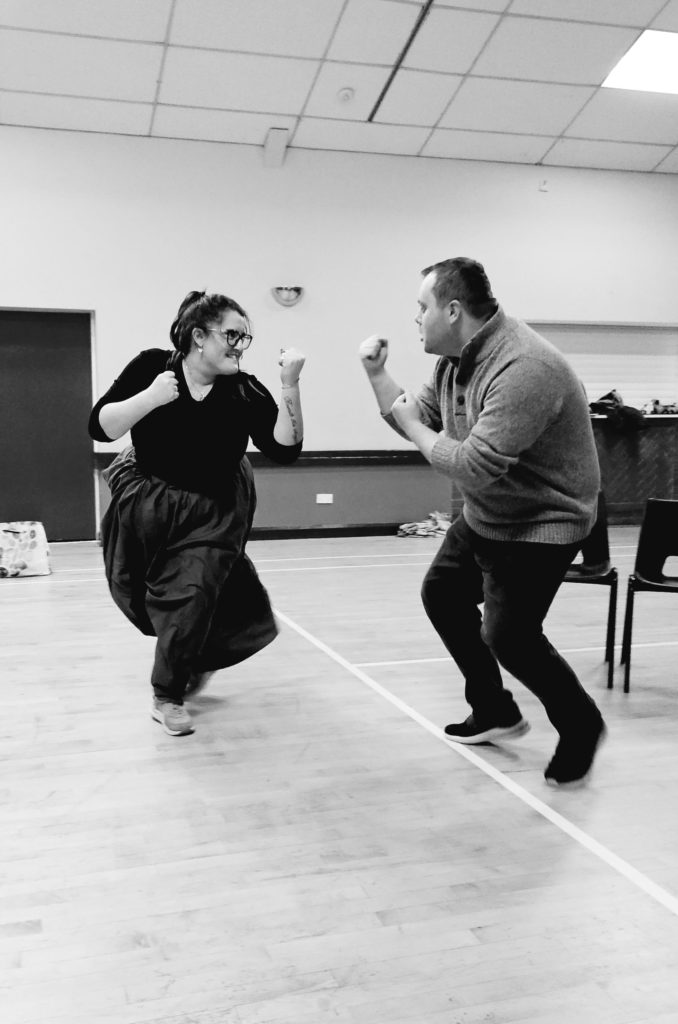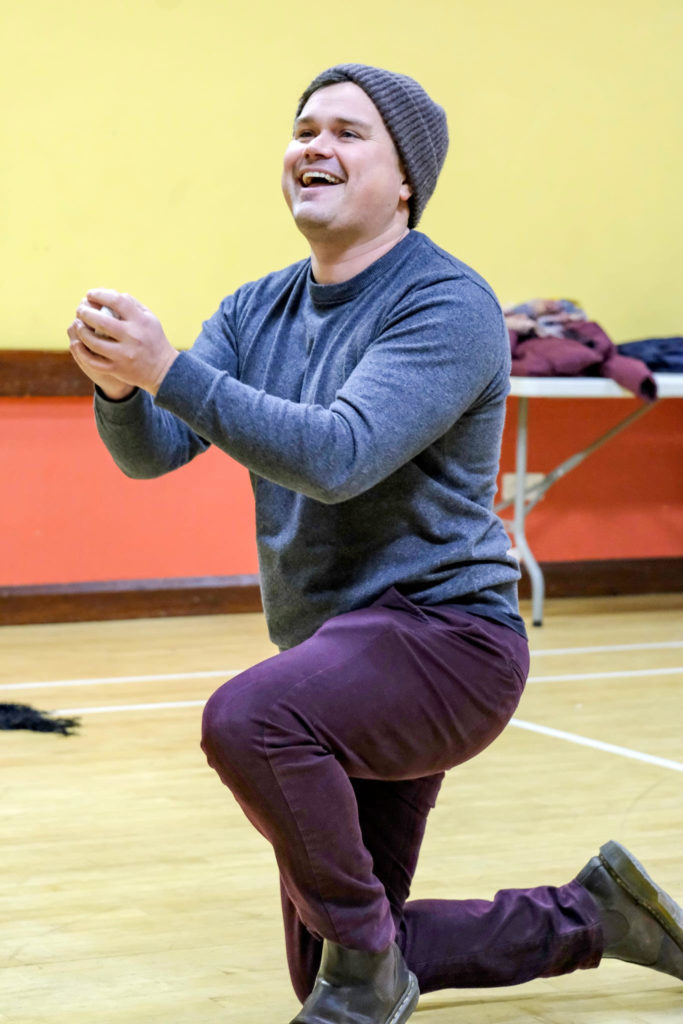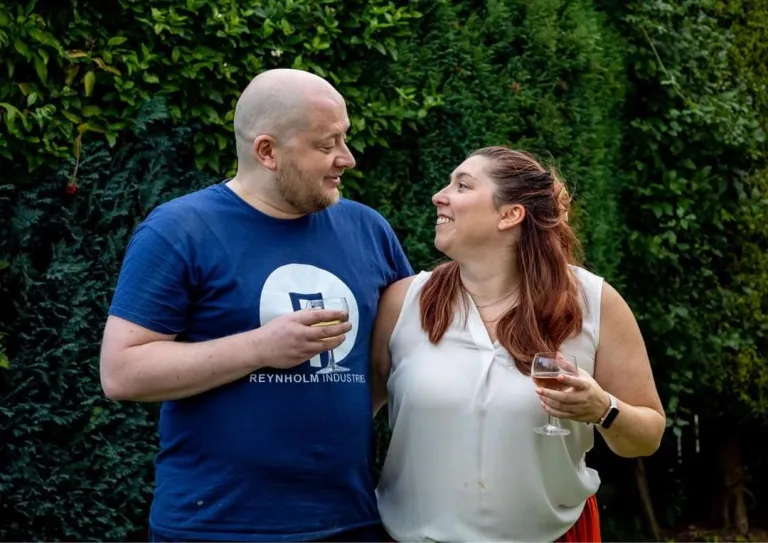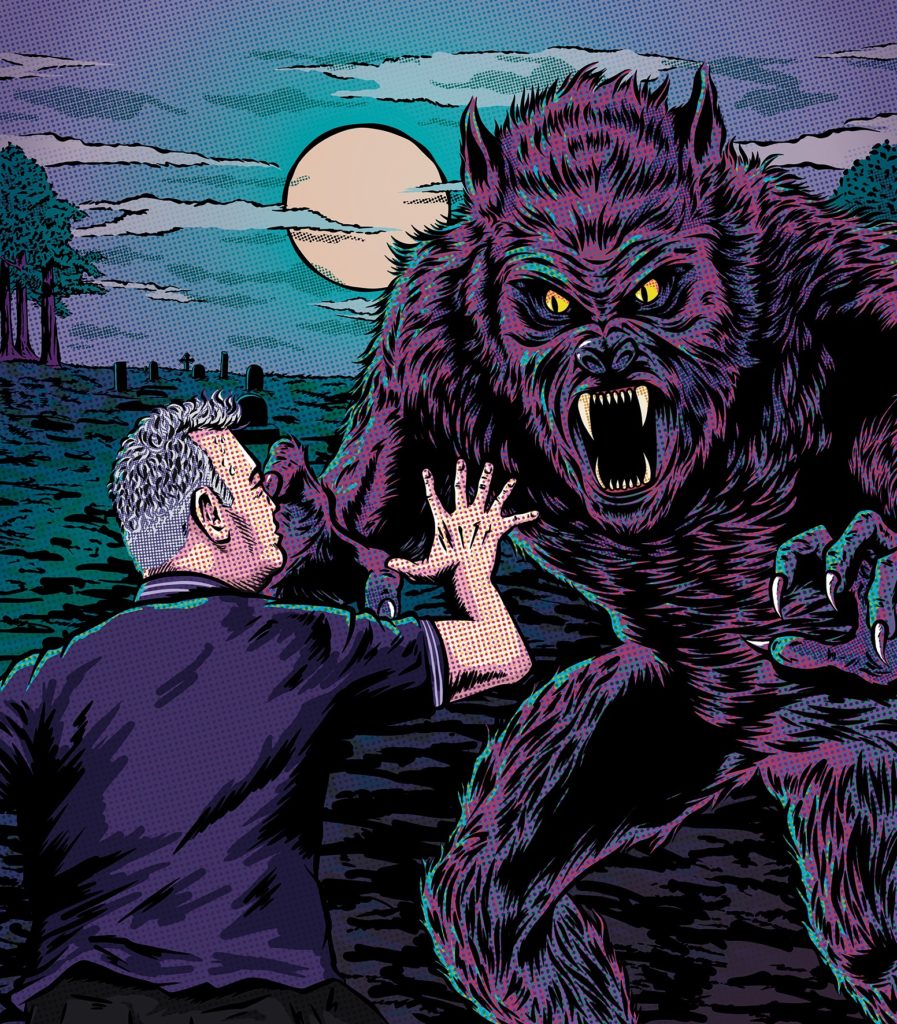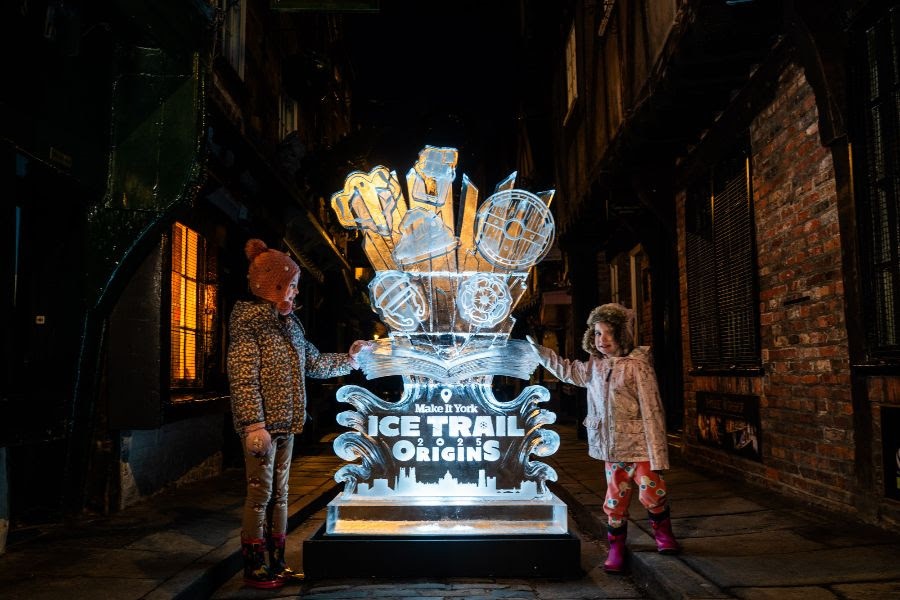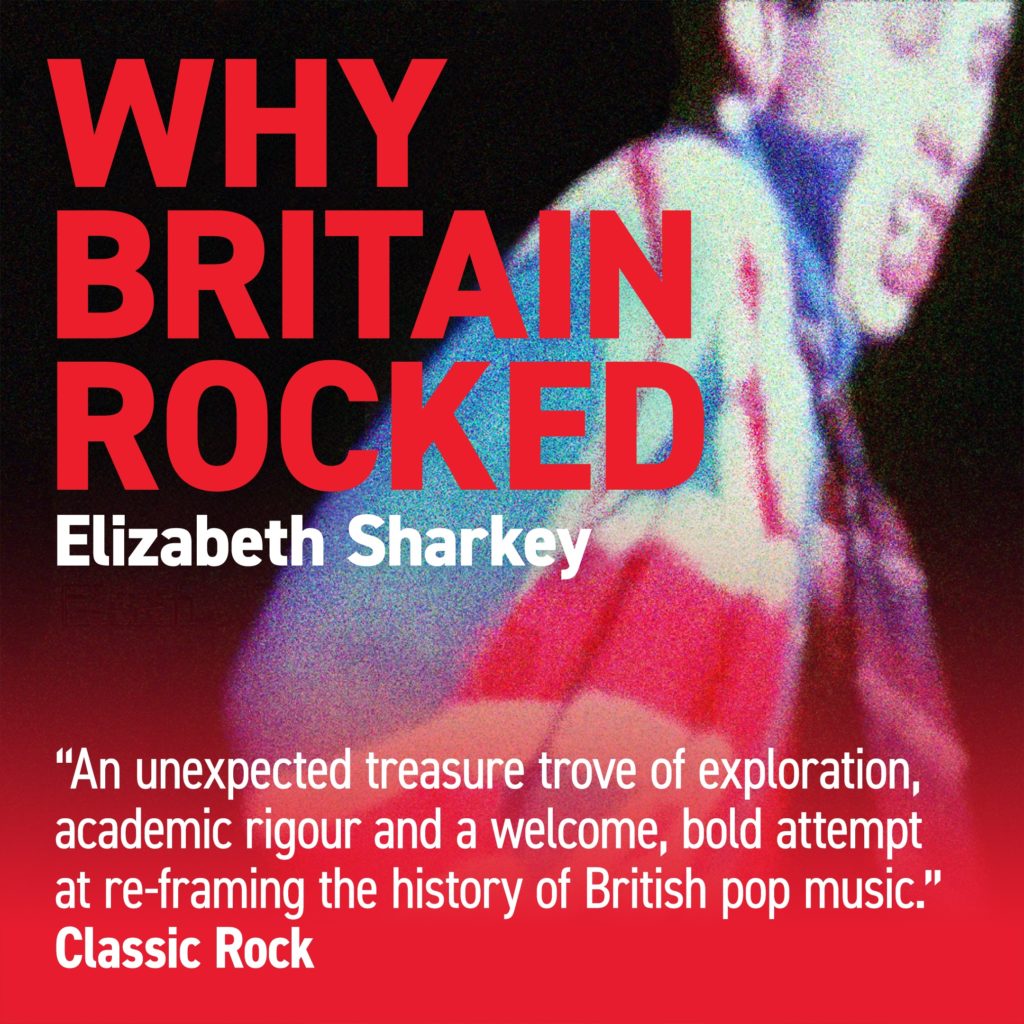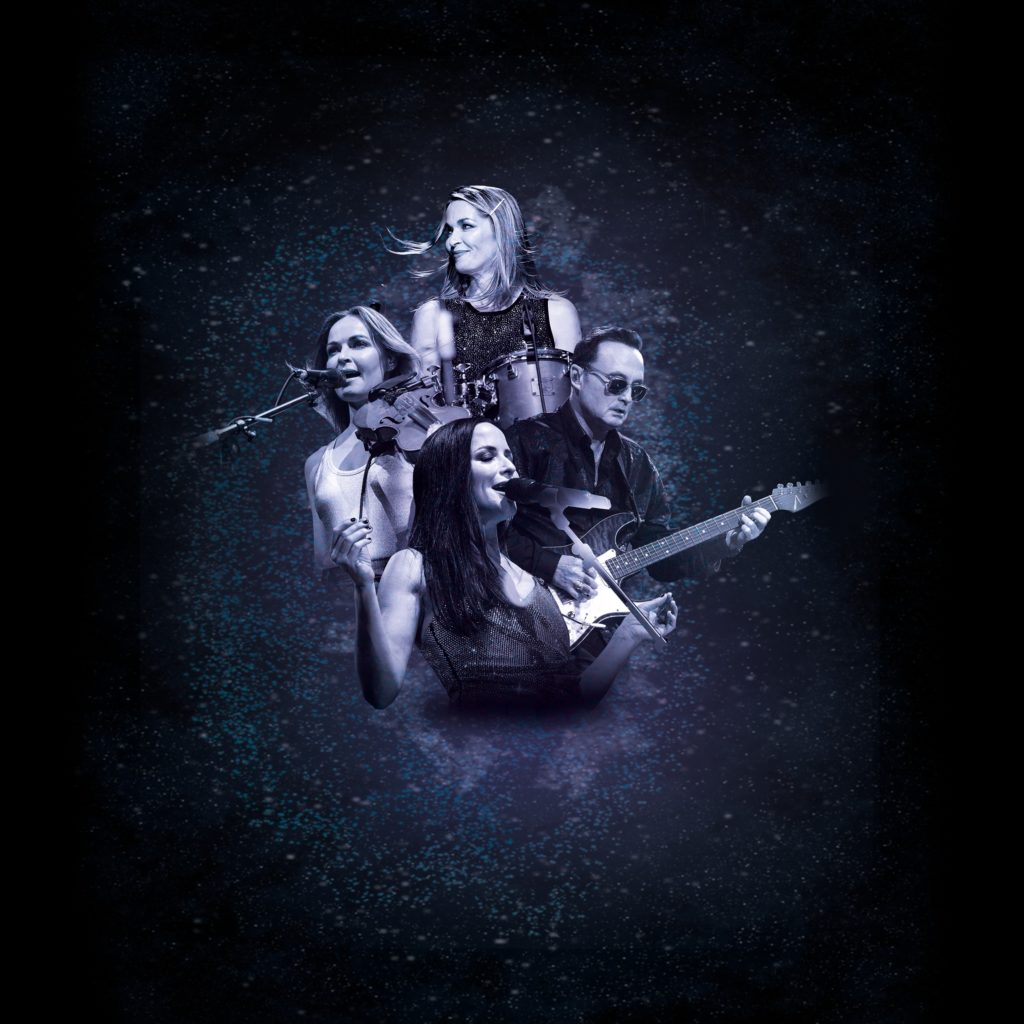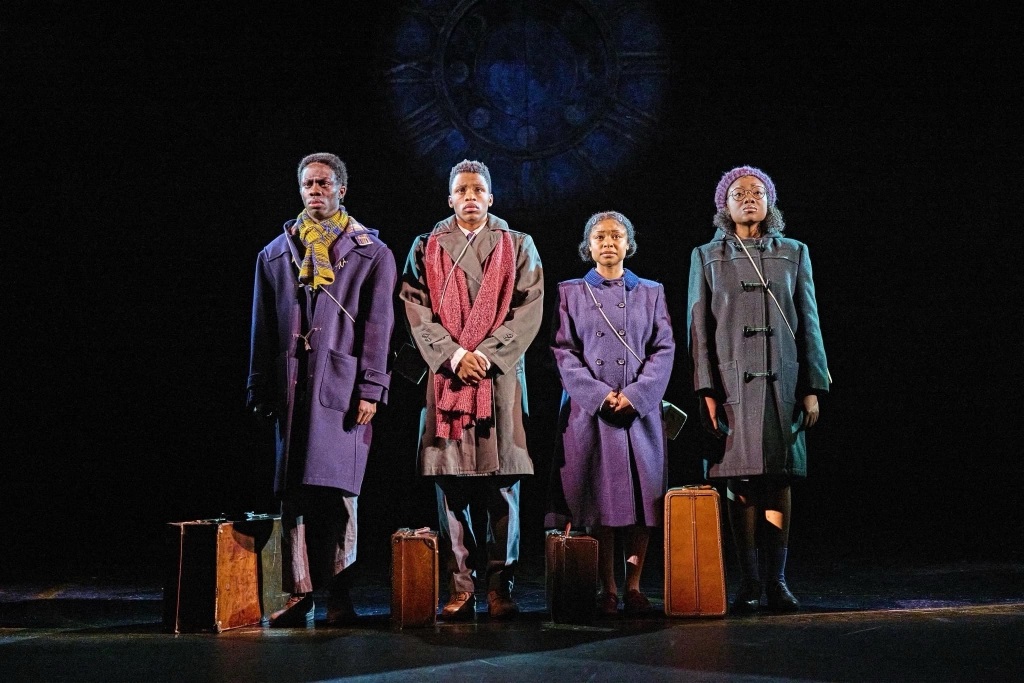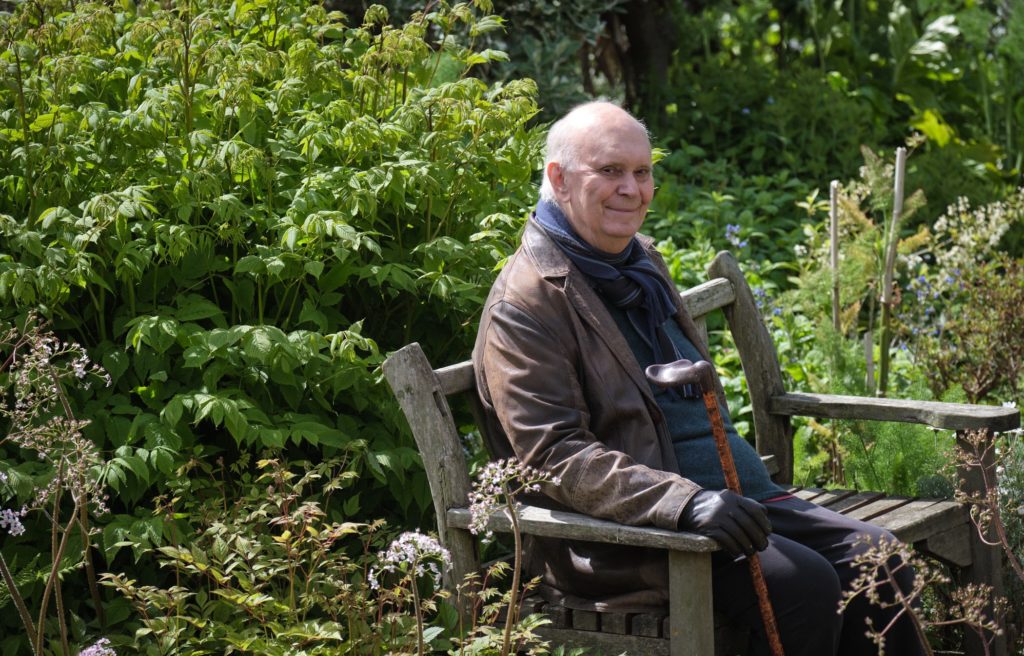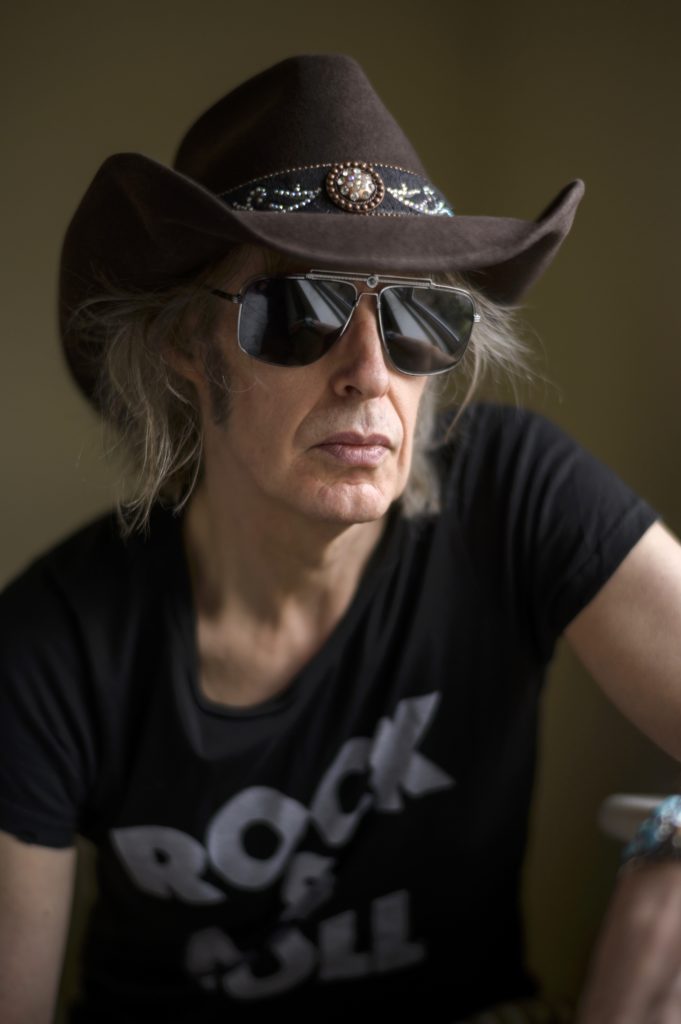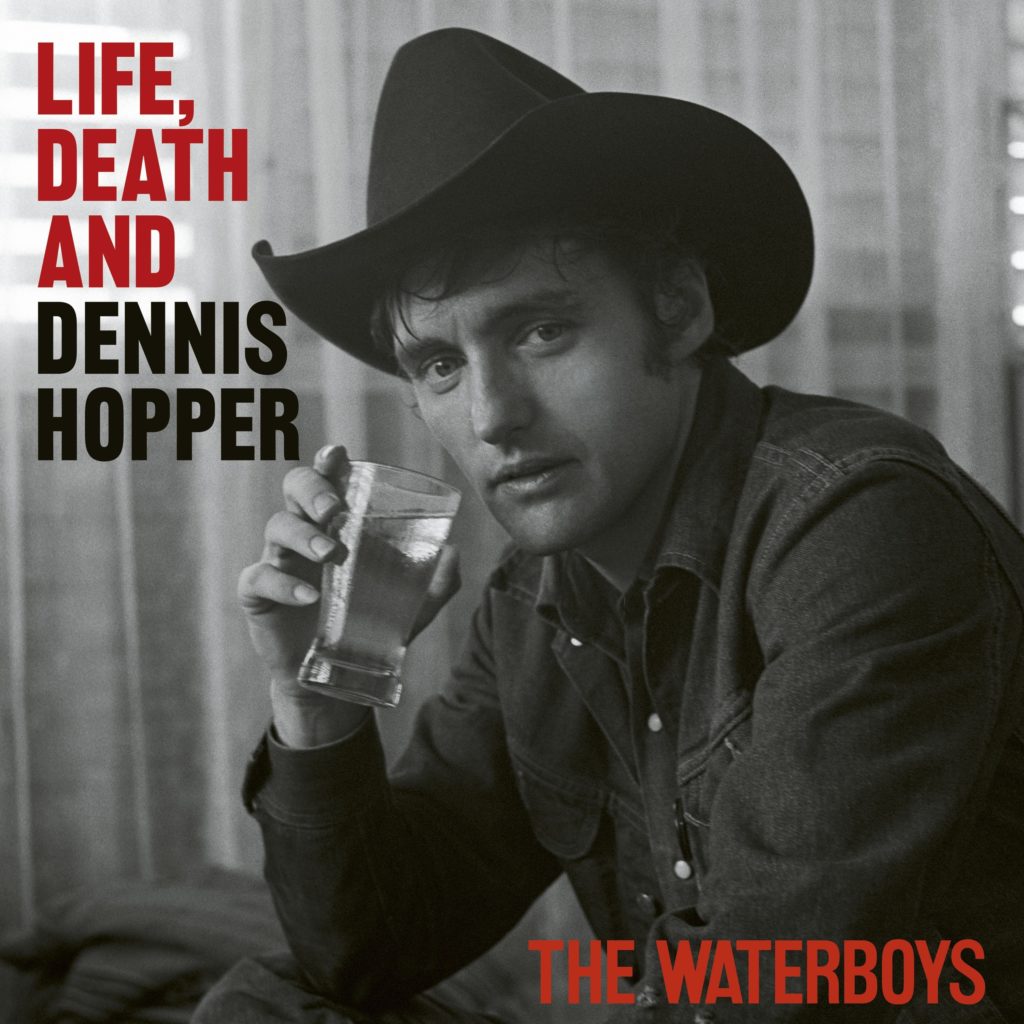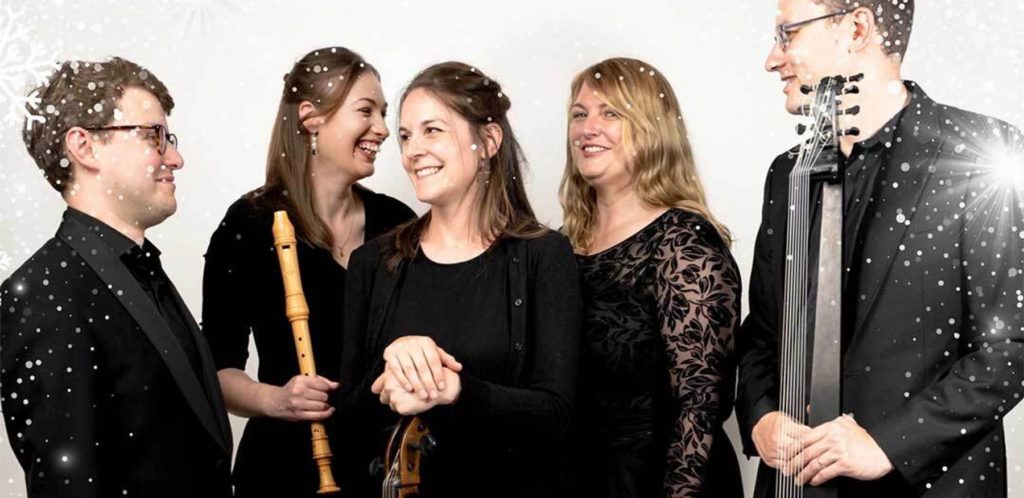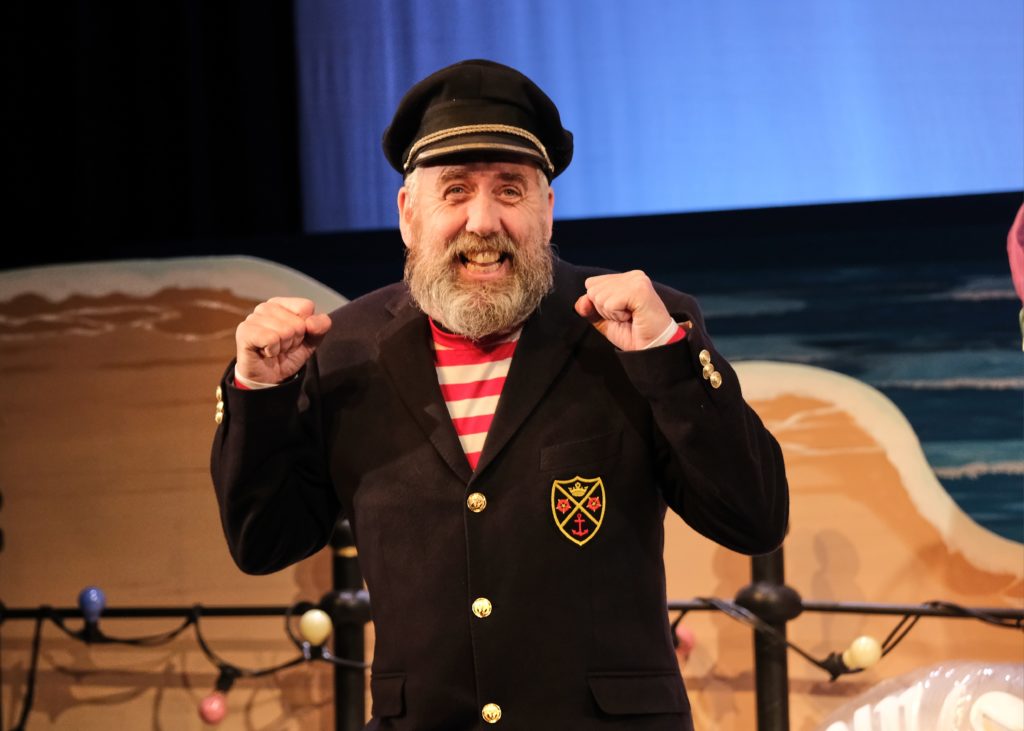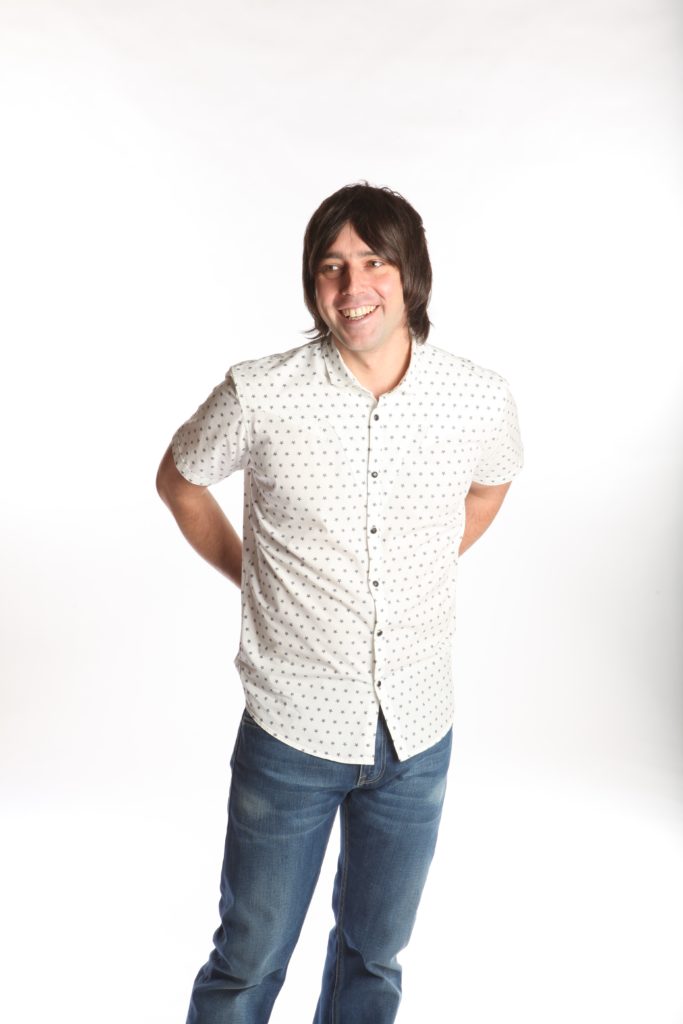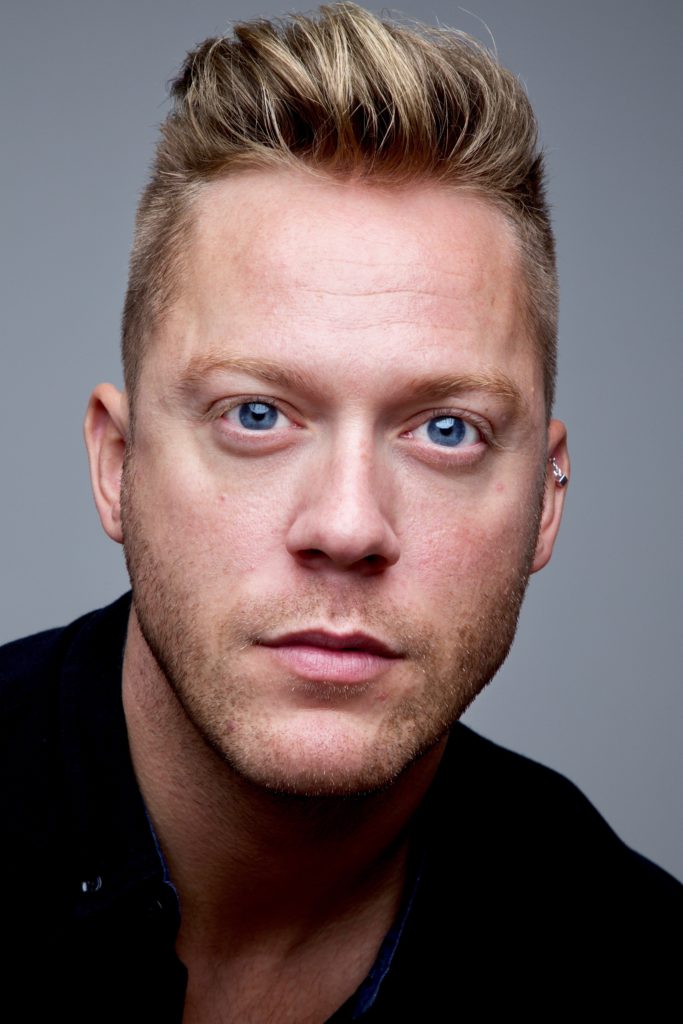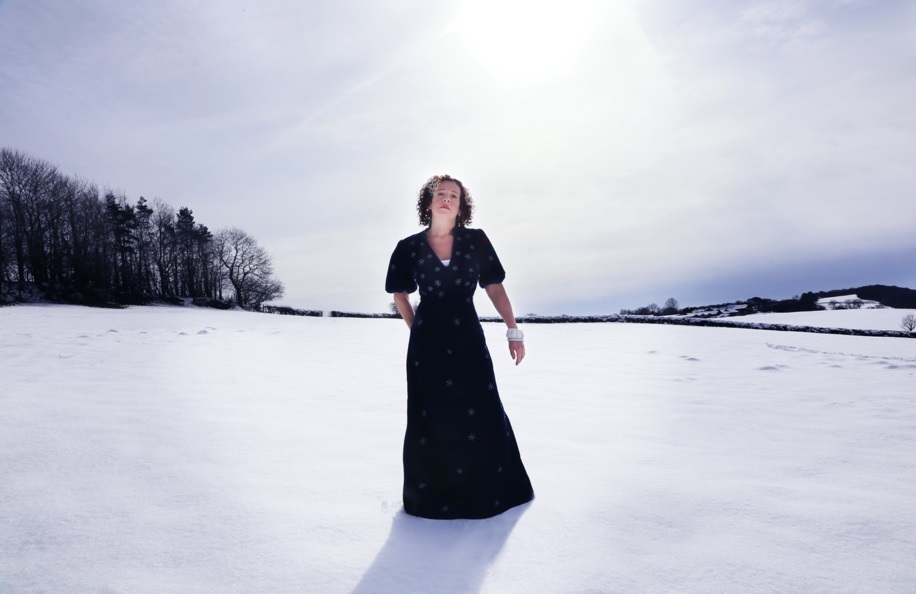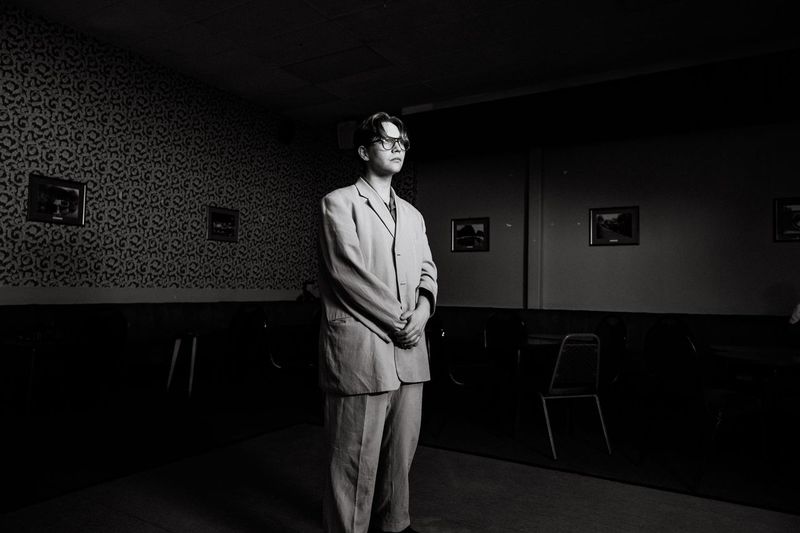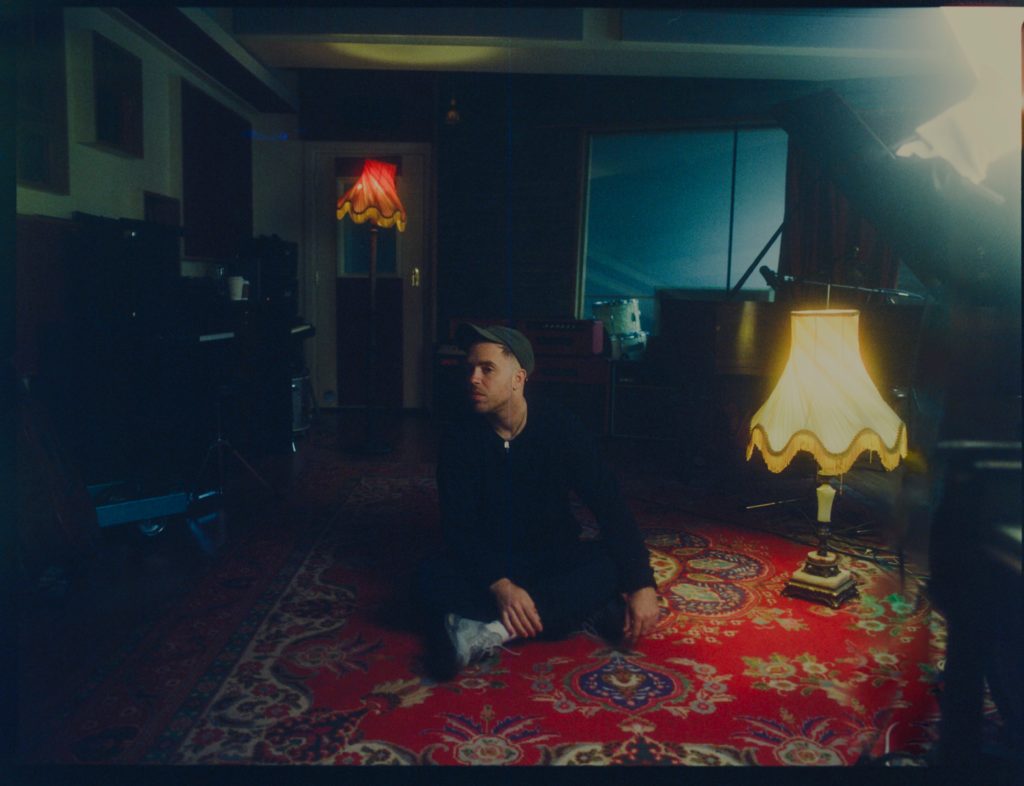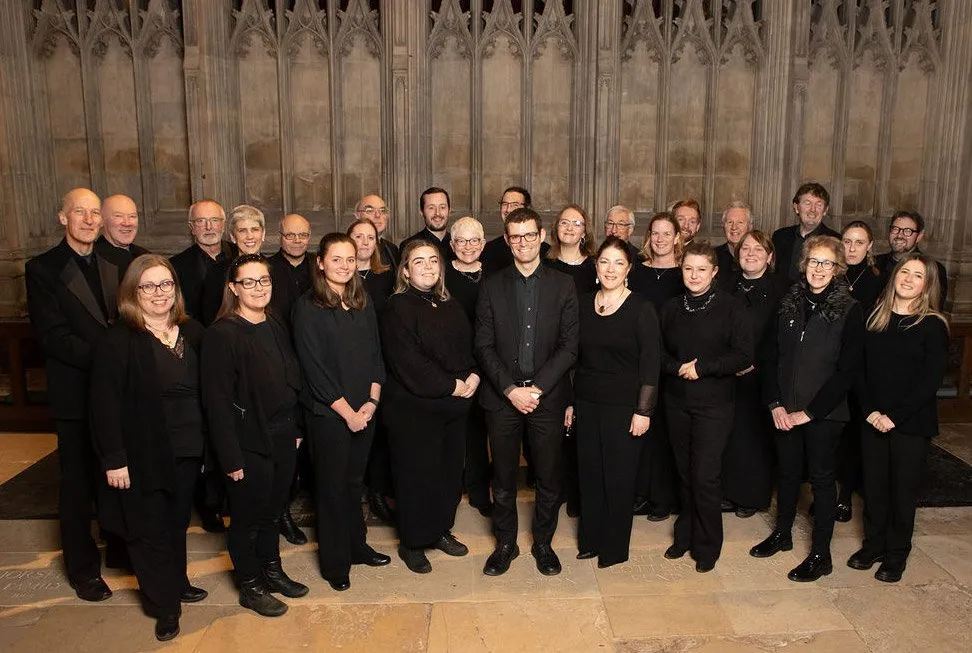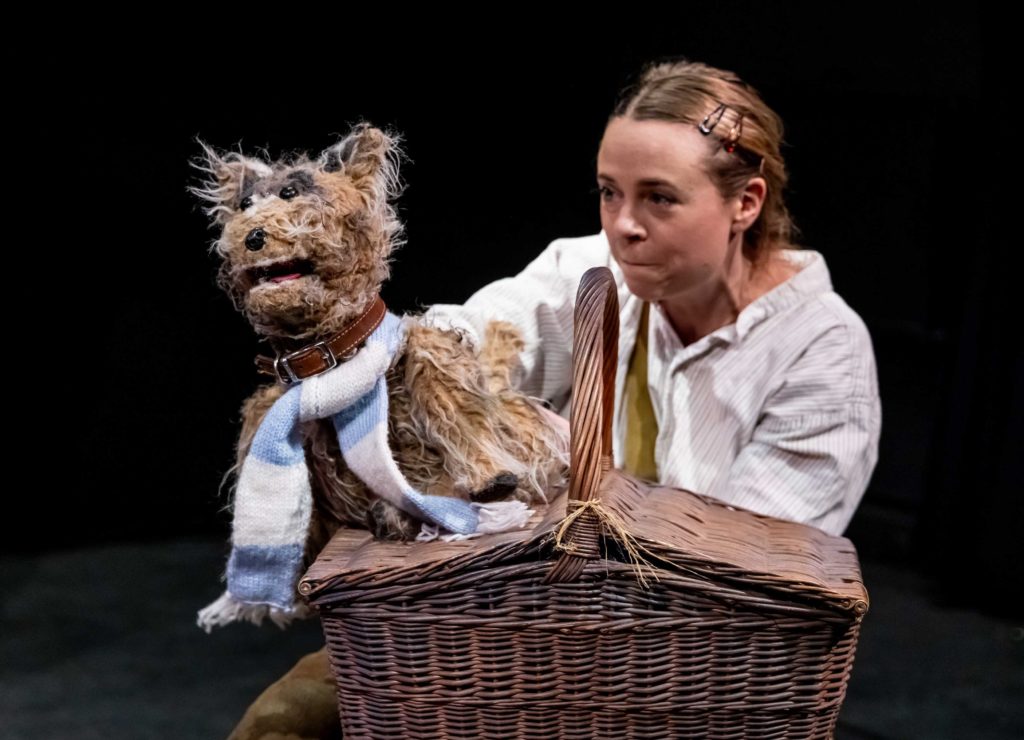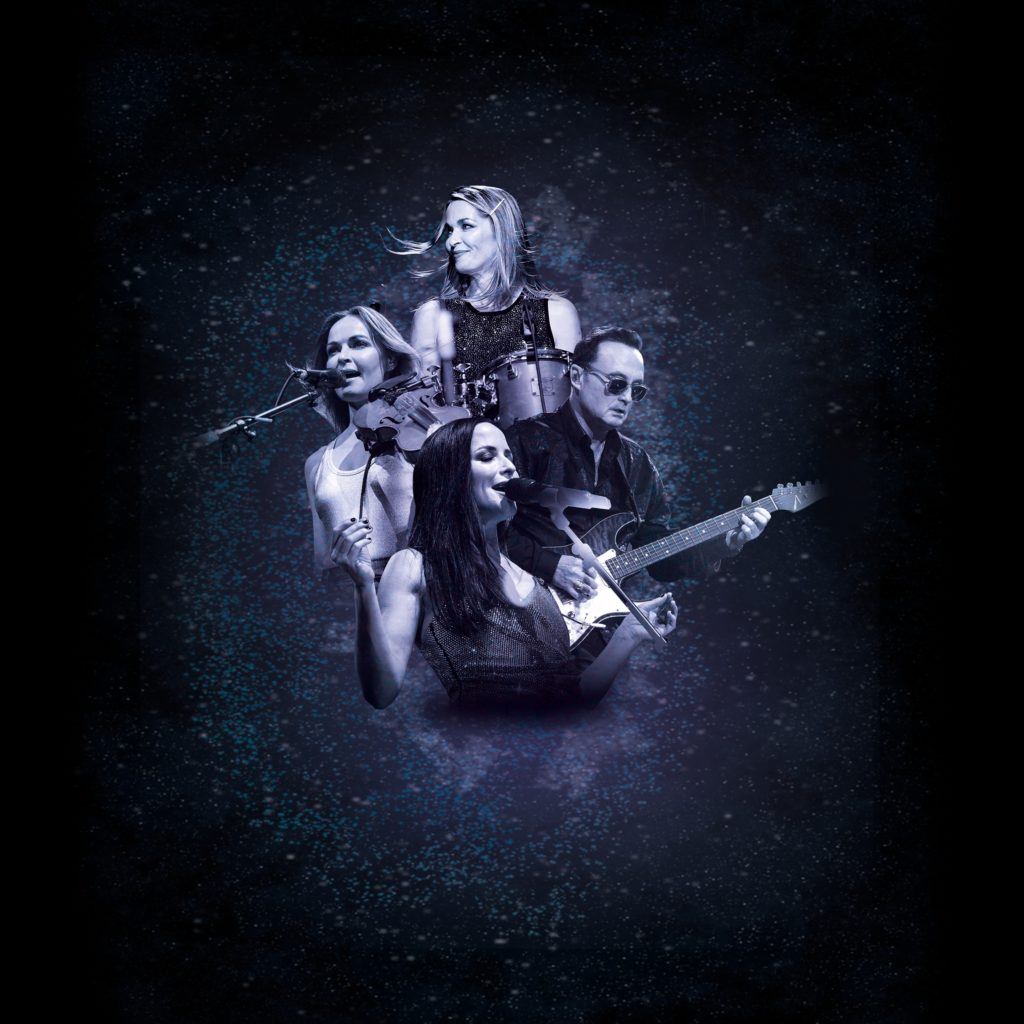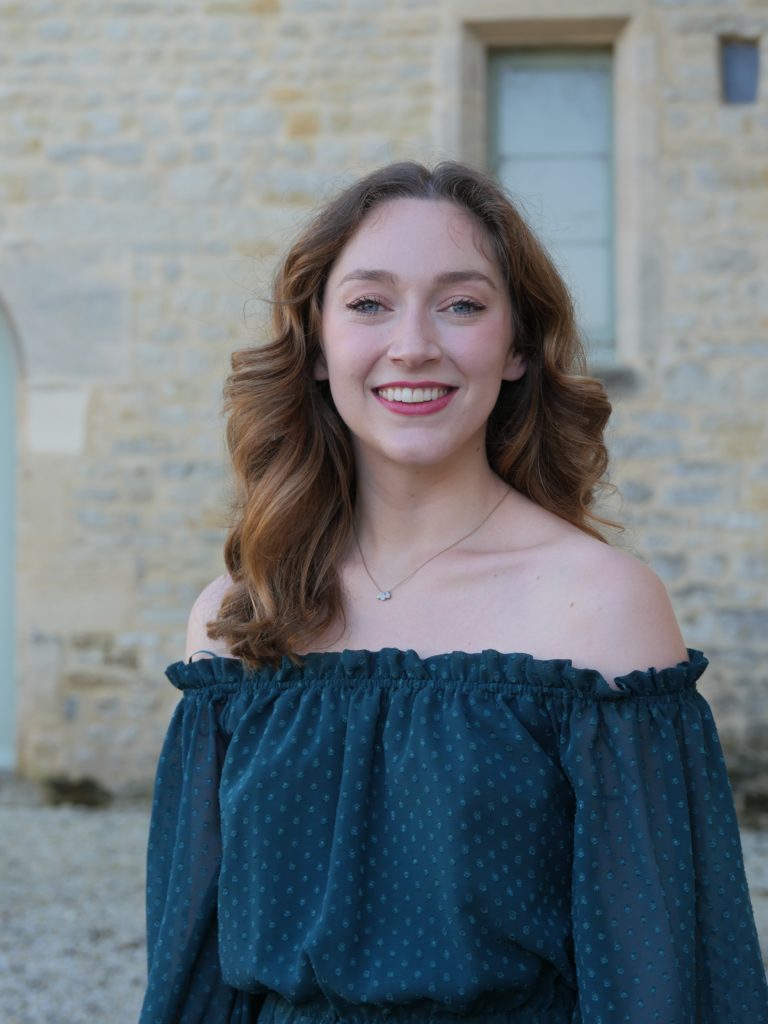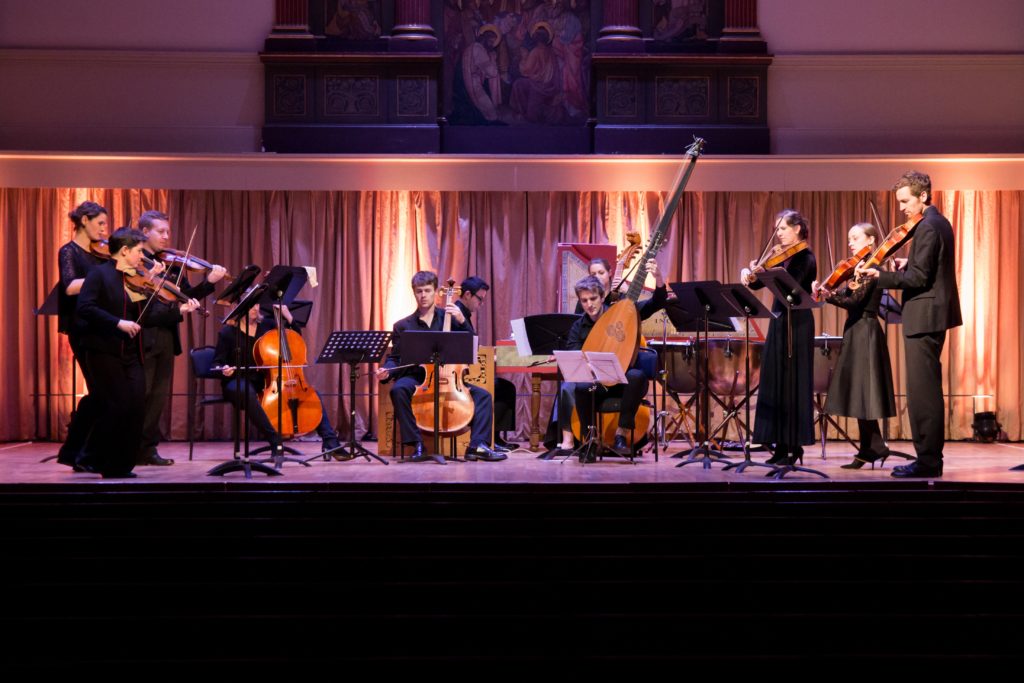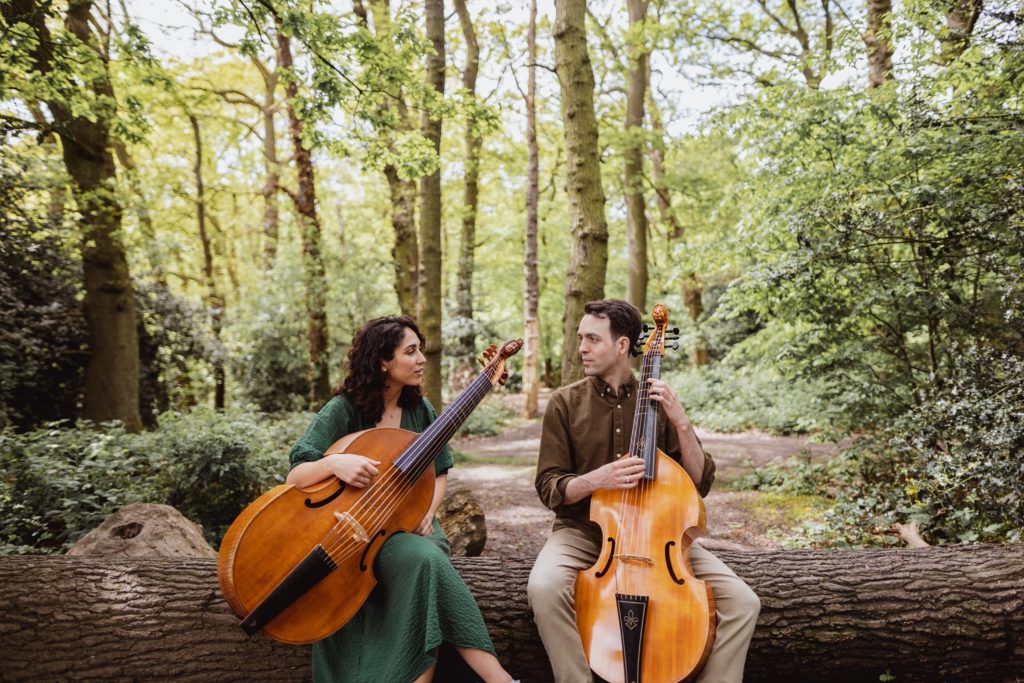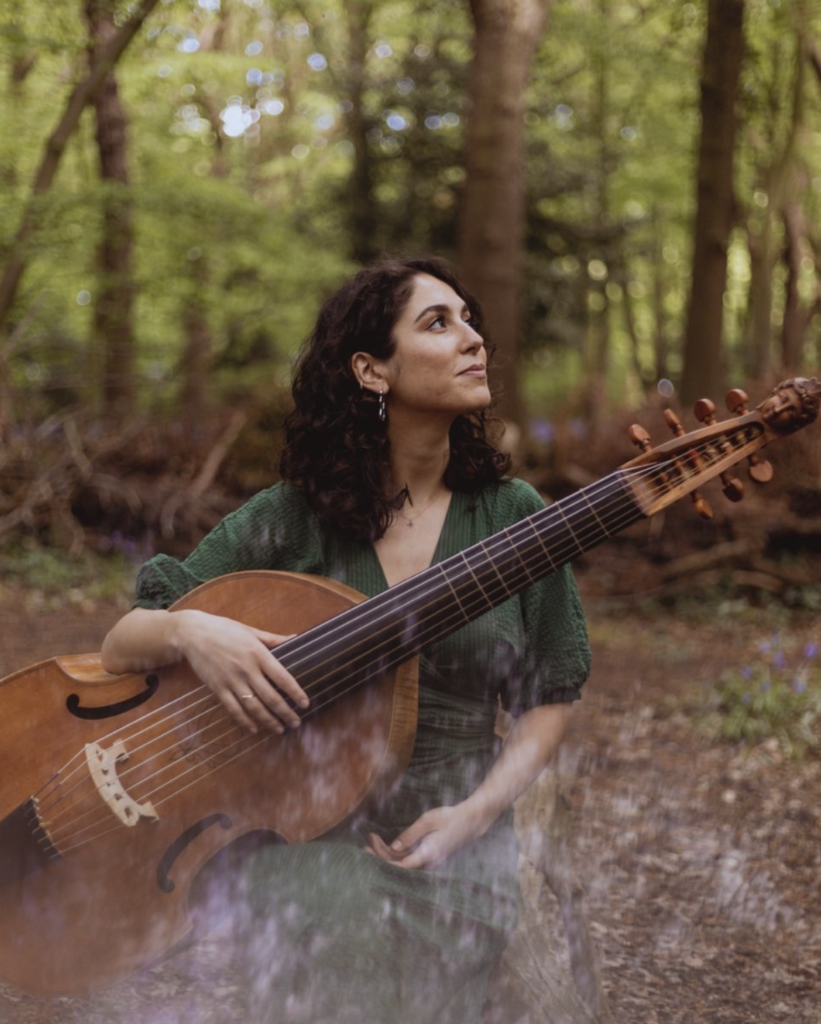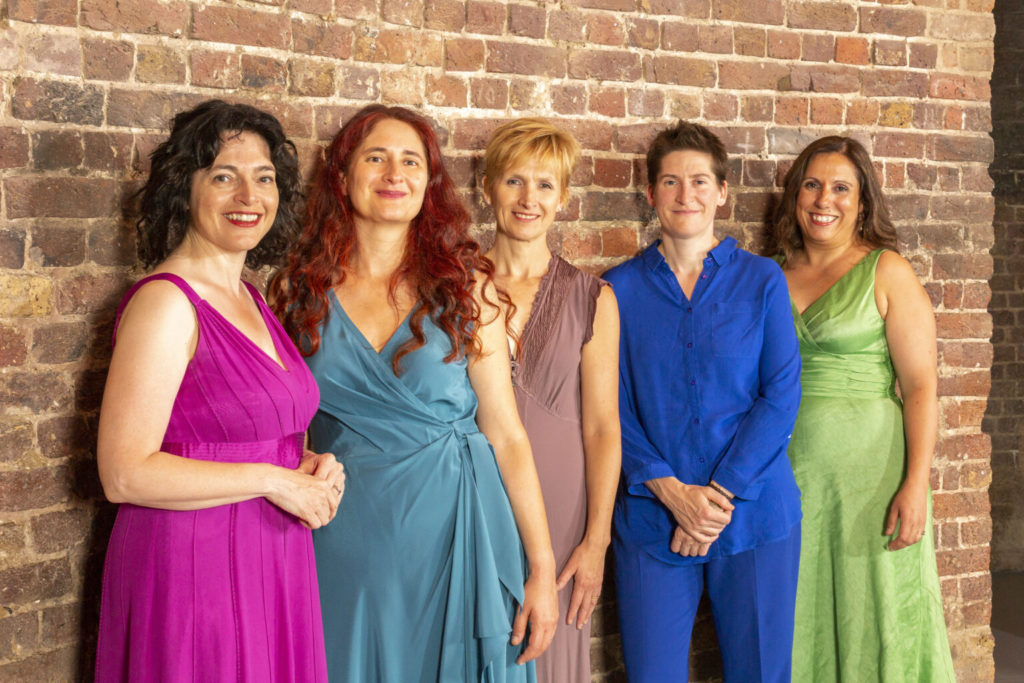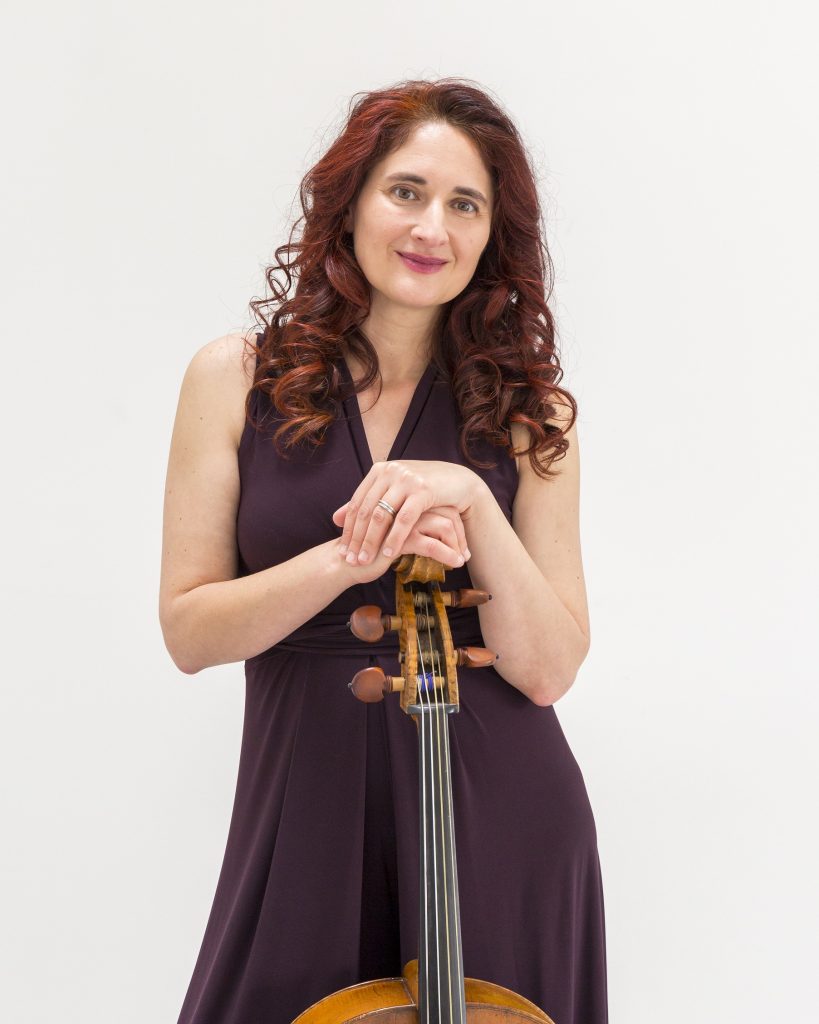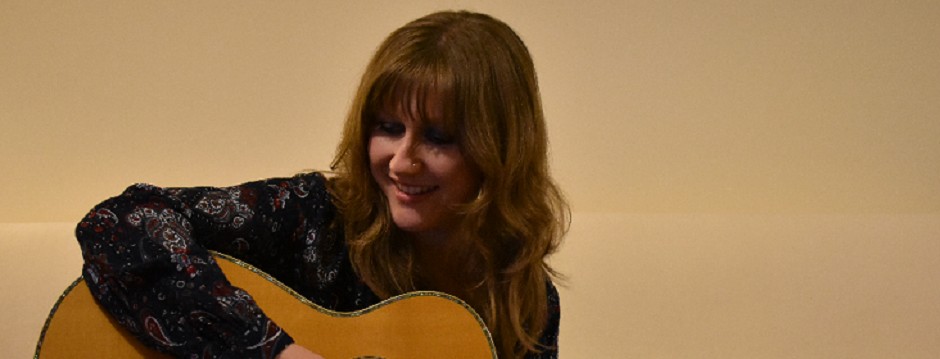
FROM a free outdoor gig to the biggest free festival of the year, the return of The Old Paint Shop cabaret to the Poet Laureate’s foray into music, Charles Hutchinson welcomes signs of 2025 gathering pace.
Free gig of the week: Holly Taymar at Homestead Park, Water End, York, today, 11am to 12 noon
YORK “acoustic sophistopop” singer-songwriter and session-writer performer Holly Taymar heads out into the winter chill for a morning performance, supported by Music Anywhere, with the further enticement of a pop-up cafe.
“I’ll be playing songs in this most beautiful setting, surrounded by nature, all for free!” says Holly. “There’s a coffee van and some seating available, so come along and take in the fresh air and fresh sounds from me.”
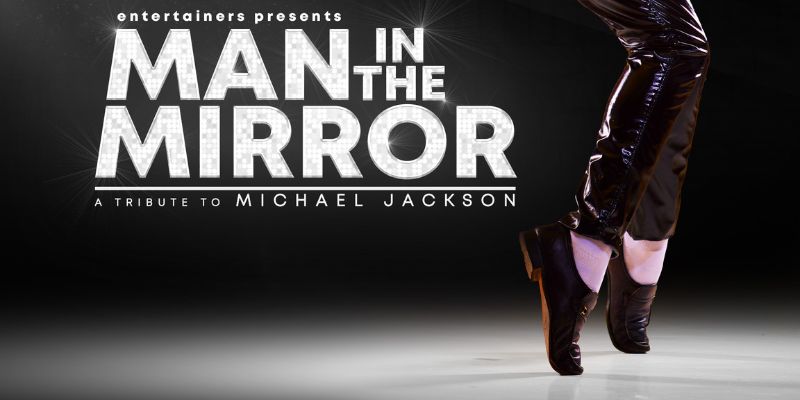
Tribute show of the week: Entertainers presents Man In The Mirror, York Barbican, tonight, 7.30pm
MICHAEL Jackson tribute artist CJ celebrates the King of Pop in Man In The Mirror, a new show from Entertainers featuring a talented cast of performers and musicians in a Thriller of an electrifying concert replete with Thriller, Billie Jean, Beat It, Smooth Criminal, Man In The Mirror, dazzling choreography, visual effects, a light show and authentic costumes. Box office: yorkbarbican.co.uk.

“Revolutionary genre bashers” of the week: Mr Wilson’s Second Liners, The Crescent, York, tonight, 7.30pm
IN New Orleans, funerals are celebrated in style with noisy brass bands processing through the streets. The main section of the parade is known as First Line but the real fun starts with the parasol-twirling, handkerchief-waving Second Line.
Welcome to Mr Wilson’s Second Liners, where “New Orleans meets 90s’ club classics in a rave funeral without the body” as a rabble of mischievous northerners pay homage to the diehard days of Manchester’s Hacienda, club culture and its greatest hero, Mr Tony Wilson. Stepping out in uniformed style, they channel the spirit of the 24-hour party people, jettisoning funereal slow hymns in favour of anarchic dance energy. Box office: thecrescentyork.com.
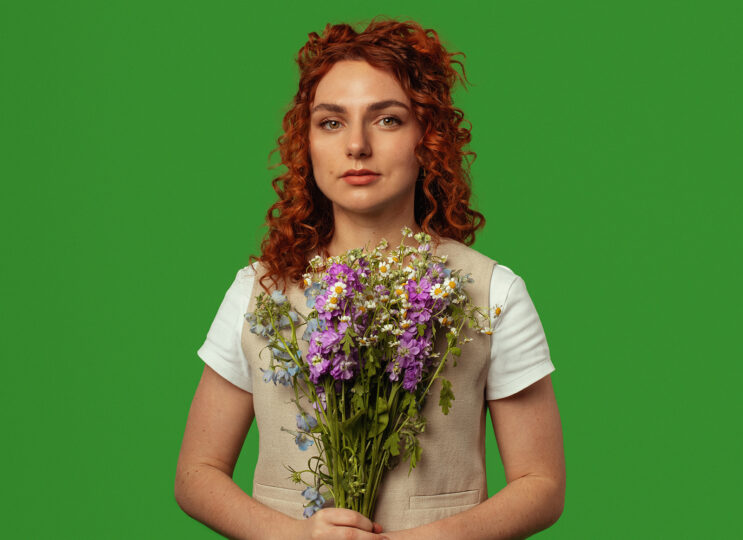
Comedy gig of the week: Burning Duck Comedy presents Ania Magliano, Forgive Me, Father, The Crescent, York, January 23, 7.30pm
IN the first Burning Duck gig since the sudden passing of club promoter Al Greaves, London comedian and writer Ania Magliano performs her Forgive Me, Father show.
Describing herself as a triple threat (bisexual, Gen Z, bad at cooking), she says: “You know when you’re trying to wee on a night out, and you’re interrupted by a random girl who insists on telling you all her secrets, even though you’ve never met? Imagine that, but she has a microphone.” Box office: thecrescentyork.com.
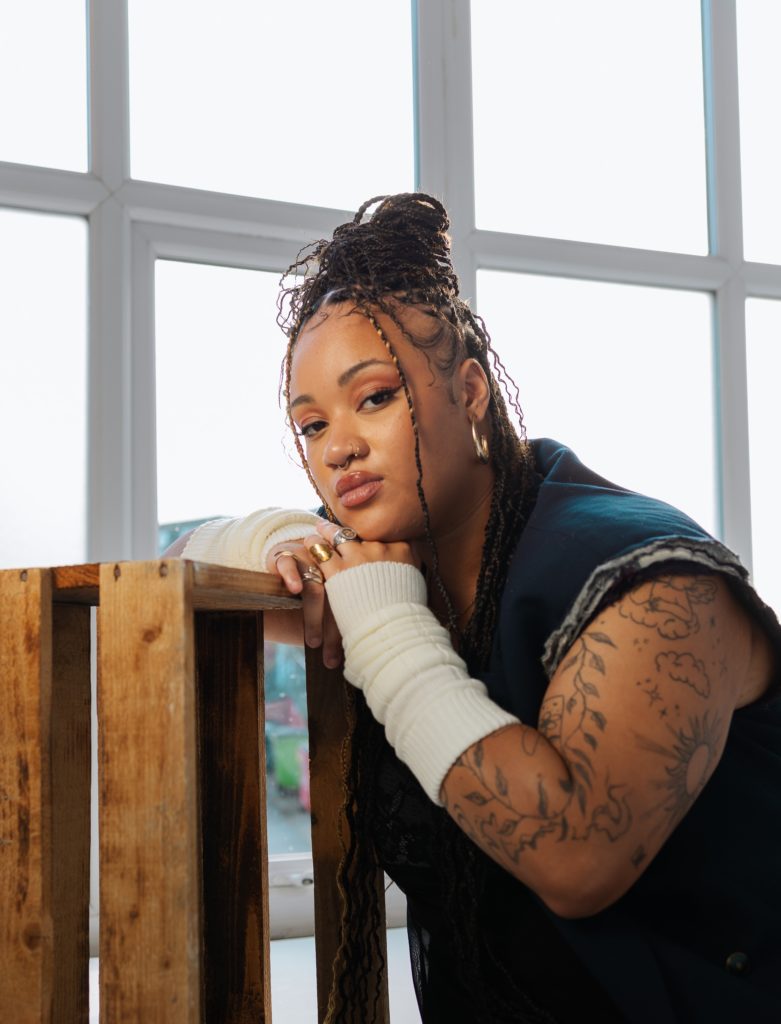
The 2025 Old Paint Shop cabaret season opener: CPWM presents Mica Sefia, York Theatre Royal Studio, January 23, 8pm
BORN in Liverpool, based in London, future-soul singer Mica Sefia “prefers to keep her lyricisms and narrative open to interpretation”, applying a “balanced approach to songwriting, in which her music remains subjective, but retains its emotive sensitivity” in songs that lean into alt. soul, jazz and soft rock to create atmospheric sounds and textured layers. Box office: 01904 623568 or yorktheatreroyal.co.uk.
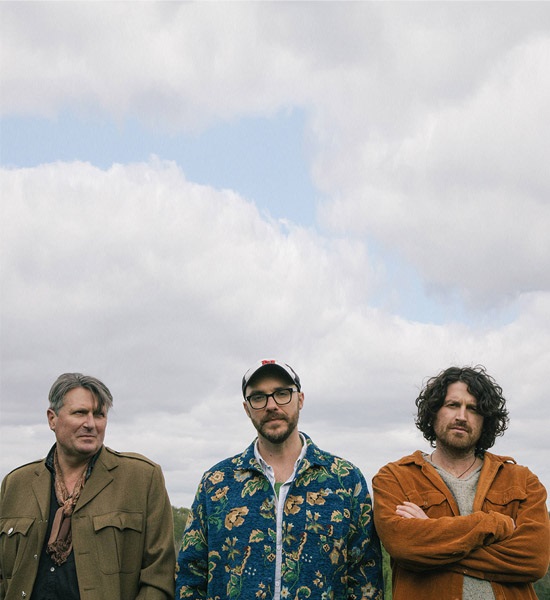
The language of music: An Evening With Simon Armitage and LYR, York Theatre Royal, January 24, 7.30pm
UK Poet Laureate, dramatist, novelist, broadcaster and University of Leeds Professor of Poetry Simon Armitage teams up with his band LYR for an evening of poetry (first half) and music (second half), where LYR’s soaring vocal melodies and ambient instrumentation create an evocative and enchanting soundscape for West Yorkshireman Armitage’s spoken-word passages. Box office: 01904 623568 or yorktheatreroyal.co.uk.
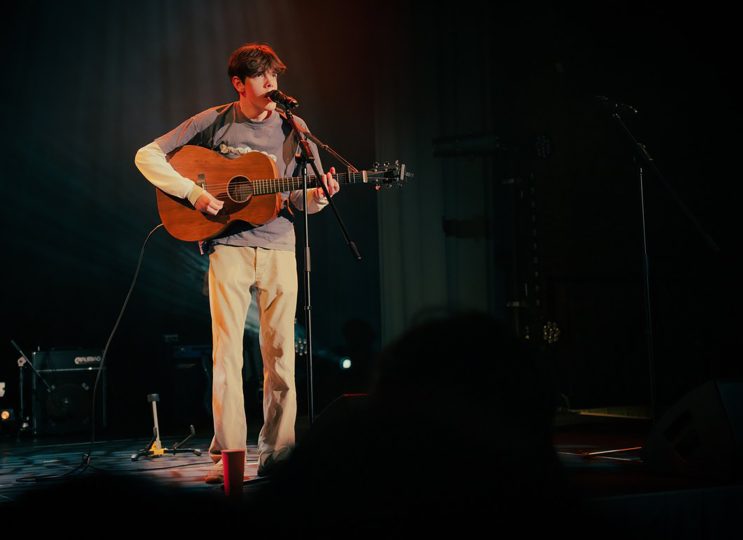
Headline debut of the week: Ned Swarbrick, The Crescent, York, January 24, 7.30pm
AT 16, York singer-songwriter Ned Swarbrick heads to The Crescent – with a couple of band mates in tow – for his debut headline show after accruing 40 gigs over the past two years. Penning acoustic songs that reflect his love of literature and pop culture, he sways from melancholy to upbeat, sad to happy, serious to tongue in cheek.
The first to admit that he is still finding his feet, in his live shows Ned switches between Belle & Sebastian-style pop numbers and intimate folk tunes more reminiscent of Nick Drake. Check out his debut EP, Michelangelo, featuring National Youth Folk Ensemble members, and look out for him busking on York’s streets. Box office: thecrescentyork.com.

Beyond compere: Frankie Monroe And Friends, The Old Paint Shop, York Theatre Royal Studio, January 24, 8pm
BBC New Comedy and Edinburgh Fringe Newcomer winner Frankie Monroe hosts an evening of humour, tricks and mucky bitter in The Old Paint Shop. Join the owner of the Misty Moon – “a working men’s club in Rotherham that also serves as a portal to hell” – in his biggest show yet with some of York’s finest cabaret performers. Box office: 01904 623568 or yorktheatreroyal.co.uk.
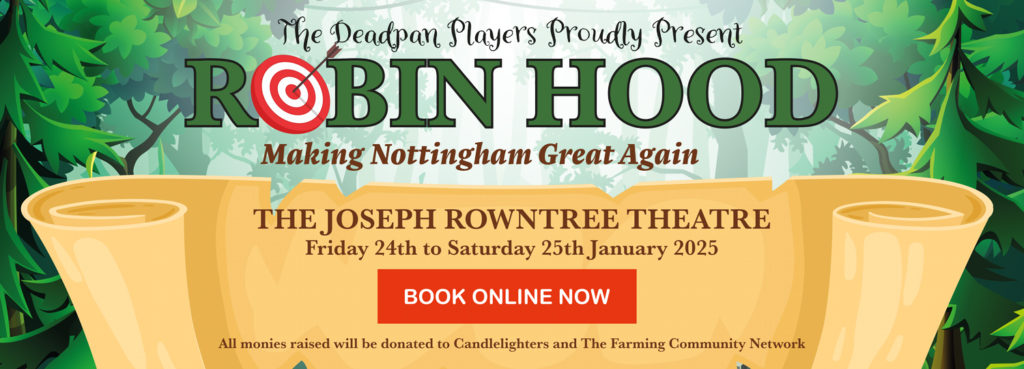
York debut of the week: The Deadpan Players in Robin Hood – Making Nottingham Great Again, Joseph Rowntree Theatre, York, January 24 and 25, 7.30pm and 2pm Saturday matinee
THE Deadpan Players, a not-for-profit community group from just outside York that raises money for charity through their performances, will visit the JoRo for the first time with their fifth pantomime, a unique take on Robin Hood, original script et al.
Join Robin, Maid Marian and the Merry Men, along with a handful of friends, as they brainstorm some “ongoing achievables” and work towards a win-win situation that will deliver Nottingham from the Sheriff’s evil grip and “Make Nottingham Great Again”. Next steps never felt so good. Better bring a quill, there’s going to be admin aplenty.
All proceeds will go to Candlelighters and the Farming Community Network, in memory of Nick Leaf, a fellow Deadpan Player and North Yorkshire farmer. Box office: 01904 501935 or josephrowntreetheatre.co.uk.
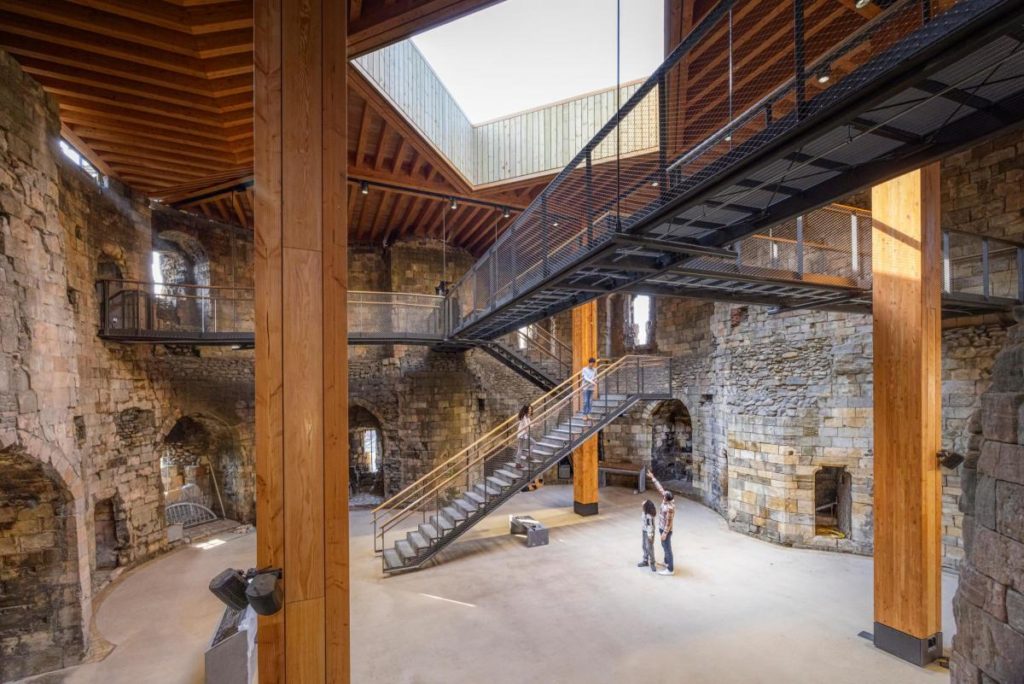
Festival of the week: York Residents’ Festival, January 25 and 26
ORGANISED by Make It York, this annual festival combines free offers, events and discounts for valid York Card, student card or identity card holders that proves your York residency. Among the participating visitor attractions will be Bedern Hall, Clifford’s Tower, Yorkshire Air Museum, Merchant Taylors Hall and, outside York, Beningbrough Hall and Castle Howard. For the full list of offers, head to: visityork.org/offers/category/york-residents-festival.
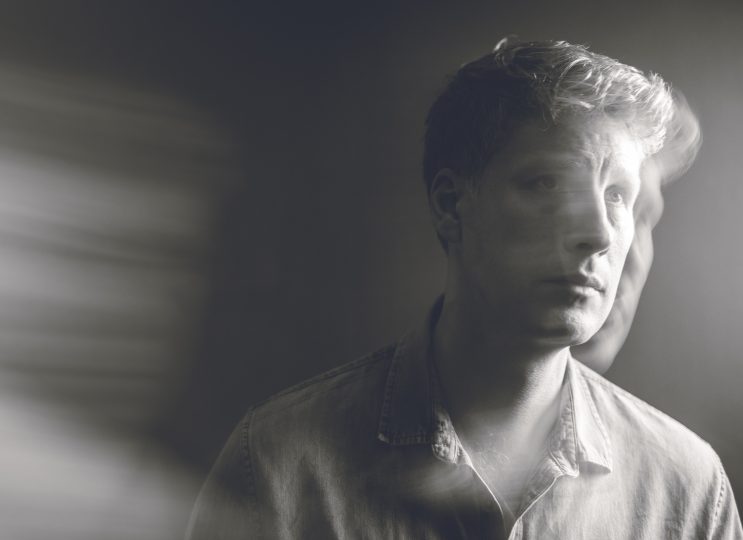
Folk gig of the week: The Crescent and Black Swan Folk Club present Scott Matthews, National Centre for Early Music, York, January 25, doors 7pm
ON a tour that has taken in churches and caves, Wolverhampton singer-songwriter Scott Matthews plays St Margaret’s Church, home to the NCEM in Walmgate, next weekend.
Combining folk, rock, blues and Eastern-inspired song-writing, he has released eight albums since his 2007 debut single, Elusive, won the Ivor Novello Award for Best Song Musically and Lyrically. His most recent recording, 2023’s Restless Lullabies, found him revisiting songs from 2020’s New Skin with a stark acoustic boldness. Box office: seetickets.com/event/scott-matthews/ncem/3211118. Please note, this is a seated show with all seating unreserved.
In Focus: Stewart Lee at the double in York as Theatre Royal comedian for five nights and NCEM narrator for one afternoon
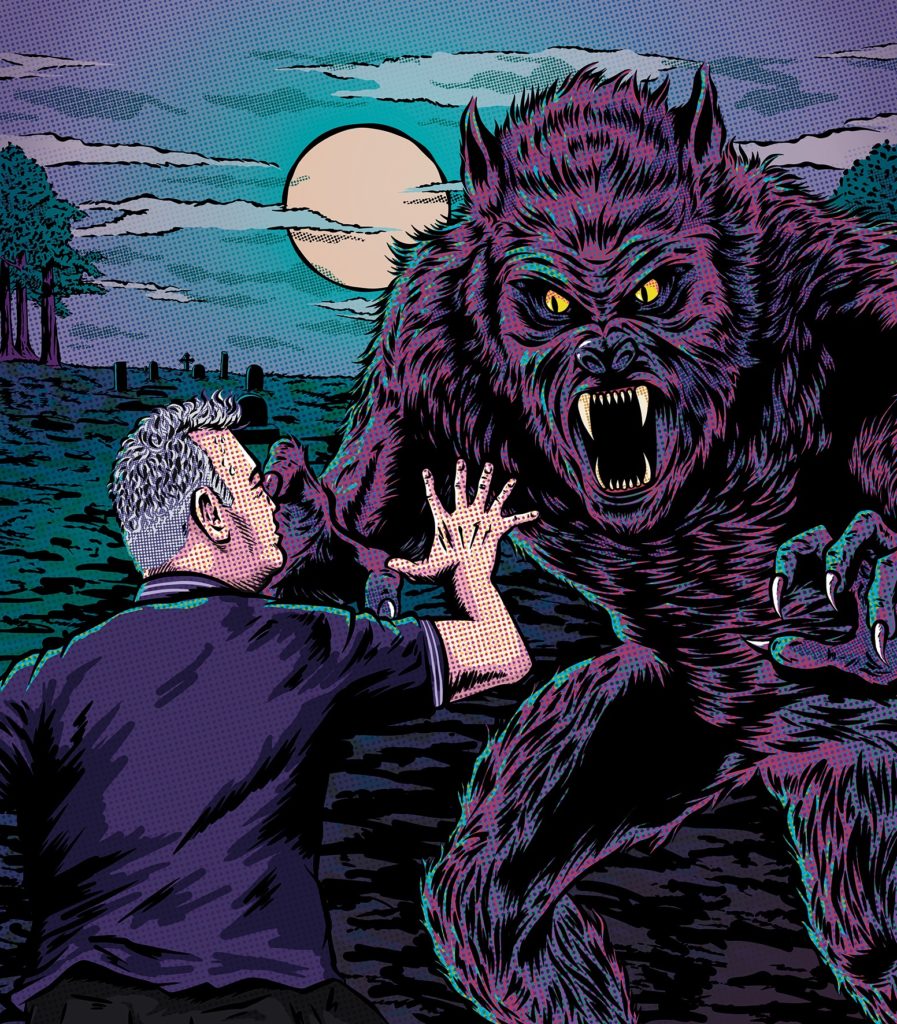
COMEDIAN Stewart Lee will play five nights in a row at York Theatre Royal from January 28 and squeeze in a Saturday matinee of an entirely different experimental performance, Indeterminacy, at the National Centre for Early Music too.
Lee, 56, who deadpanned his way through three nights of Basic Lee on his last Theatre Royal visit in March 2023, explains the length of run for Stewart Lee Vs The Man-Wulf, a show that has been playing London’s Leicester Square Theatre since December 3 before opening its tour on January 19.
“Yeah, well, the theatre must have thought they could sell it!” says Stewart, who loves playing the Theatre Royal. “For me, once you get much above 2,000 seats, my kind of comedy becomes hard to do because you can’t interact with the audience and you can’t hear audience responses, so I’m always happy to do smaller venues.”
He has dates in his diary until November 19 with his website promising “more to be added” for a show that he presages by declaring he is “in danger of being left behind”. As his tour publicity puts it, “He’s approaching 60 with debilitating health conditions [worsening hearing], his TV profile has diminished, and his once BAFTA award-winning style of stand-up seems obsolete in the face of a wave of callous Netflix-endorsed comedy of anger, monetising the denigration of minorities for millions of dollars.
“But can Lee unleash his inner Man-Wulf to position himself alongside comedy legends like Dave Chappelle, Ricky Gervais and Jordan Peterson at the forefront of side-splitting,stadium-stuffing s**it-posting?,” he asks.
“The problem I’ve got is that the act is about a man who feels undervalued and not given enough credit, but I am really popular! I play to a quarter of a million people on each tour; I’m on TV every two and a half years when a show is finished – and young people are coming to the shows, so the audience is replenishing.
“Suddenly I’ve gone from someone starting out in the dying days of alternative comedy to someone still writing long-form shows when people now tend to make bitty work that’s packaged up.”
In Stewart Lee Vs The Man-Wulf, Lee shares his stage with a “tough-talking werewolf comedian from the dark forests of the subconscious who hates humanity”, where the Man-Wulf “lays down a ferocious comedy challenge to the culturally irrelevant and physically enfeebled Lee”. “Can the beast inside us all be silenced with the silver bullet of Lee’s unprecedentedly critically acclaimed style of stand-up?” he ponders.
Is this “conceptual comedy”, Stewart? “Well, you can call it that. It’s not for me to say, but I think it’s very much that. I know what it is,” he says. “I like to read local reviews and student reviews as they seem to get it more than the national press.
“This is a show about taste and responsibility in comedy, which suddenly has a real resonance that it didn’t have even three weeks ago. What responsibilities do Elon Musk [X] and Mark Zuckerberg [Facebook] have in relation to telling the truth, like Musk lying about someone like Jess Phillips…and what is our place in that if we don’t do something about it.
“I was worried it was just a show by someone who was thinking about it, but now it seems prescient – and the worse the world gets, the better the show is. Three weeks ago it was like, ‘well, where is this going’’? Now they know where it’s going, so weirdly they might have been thinking, ‘oh, he’s being a bit pessimistic’, but sometimes it turns out you’re a bit ahead of the curve and then the world catches up.”
One of the joys of a Stewart Lee show is how he plays with the form, boundaries and possibilities of comedy. “In this one, I try doing the same material three times in three ways: first, liberal material told in a liberal way; next, reactionary material, in a reactionary way; then reactionary material, in a liberal way,” he says.
Stewart has found his comedy changing through the years, in part in response to Jerry Springer: The Opera [the musical comedy he wrote with Richard Thomas] “becoming literally a matter of life or death for someone”. “I thought what an amazing privilege it is to be able to write and perform, and you have to think about the implications of that,” he says.
“As I get older I increasingly appreciate how difficult it is to afford tickets and get a babysitter to come to a show. My comedy becomes more high concept and thoughtful, but at the same time it’s also more old-school comedy, being both philosophical and thinking about how Frankie Howerd or Kenneth Williams would sell this idea of becoming more pretentious and vaudevillian simultaneously.
“I do feel we have a sense of responsibility to deliver a night out that makes sure something happens that night that only happens that night. You also have to send people away with a bit of hope, when a lot of people like me feel they have lost the battle for the things they are concerned about, like environmental issues.”
Such environmental matters, and more specifically sewage in the River Derwent in Malton and Norton, triggered Ryedale arts promoter and Malton town councillor Simon Thackray to ask The Shed regular Stewart Lee to take part in the first Shed show since 2015 to “’encourage’ Yorkshire Water to go the extra mile’.
Narrator Lee will team up with pianists Tania Chen and Steve Beresford to perform John Cage’s Indeterminacy at the NCEM on February 1 at 3.30pm. “Make sure people know it’s not a comedy show, though it’s quite funny in its way,” he says.
Stewart Lee vs The Man-Wulf, York Theatre Royal, January 28 to February 1, 7.30pm. Box office: 01904 623568 or yorktheatreroyal.co.uk. The Shed presents Indeterminacy, NCEM, York, February 1, 3.30pm. Box office: 01904 658338 or ncem.co.uk.

